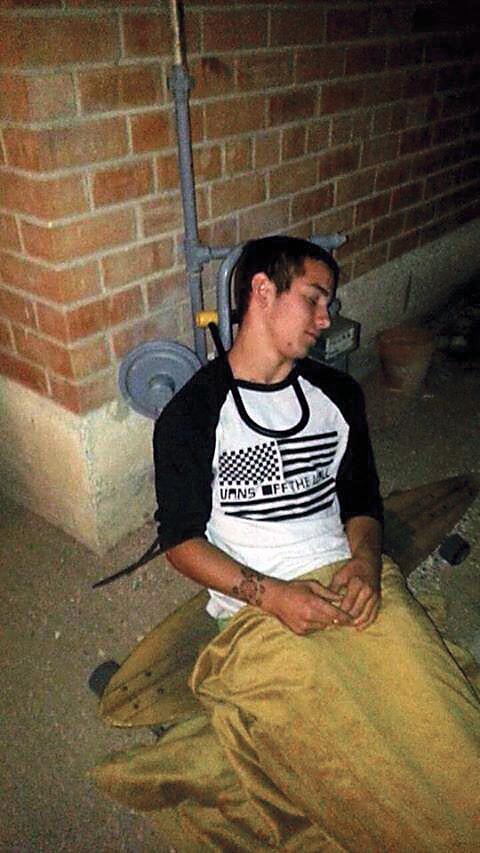With a new trend in anonymous social media pages, UA faculty and staff members are concerned not only for students’ safety but for the consequences they may face in the future based on their online behavior.
The speed in which people can post online is causing some to act without thinking about the consequences, such as potential employers searching through social media accounts, said Stephen Russell, interim director of the John and Doris Norton School of Family and Consumer Sciences. Russell, who studies cyberbullying, said anonymity leaves people under the impression that they won’t be held responsible for their actions.
“There is a technological aspect that … creates the capacity for people to do stuff that really, if they had five seconds to stop, think, process, they might not otherwise do,” Russell said. “I do think that there is a degree to which that undermines possibility for judgement to kick in.”
Matthias Mehl, associate professor in the UA Department of Psychology, said the notion of anonymity brings out negative behavior that’s more noticeable through social media.
“The psychological process is very human, we’ve seen it before,” Mehl said. “It’s nothing about the virtual world, it’s just that the virtual perfect world makes it much easier and much more accessible.”
The former Facebook page UofA DABS, which stands for Drunk Ass Bitches, was managed by an anonymous group of students that allowed other UA students to submit photos of their intoxicated friends. Some photos showed students passed out on the floor or hunkered over a toilet.
A UA student who works for Campus Health Service brought the page to the attention of David Salafsky, director of promotion and preventive services for Campus Health, who then sent a letter to the submission email provided on the social media page. Salafsky said he was concerned for students’ safety.
“Notice. Care. Help. That’s being a real friend,” the letter read.
The page was shut down late last week. The managers of the Facebook page, who asked to remain anonymous, said they’re UA students who were just trying to entertain their peers.
“The purpose of the page was just to entertain the students of U of A and provide laughs,” the students said in an email, “We did not intend to get anyone in trouble. There are other pages with the same purpose such as U of A Makeouts and Confessions.”
The thought of people being exposed by those they consider friends brings up the question of whether there’s a difference between cyberbullying and peer aggression, Russell said.
“The person doing it is likely to say ‘I was not being aggressive … they’re my friend and I’m having fun.’” Russell said. “And yet too many of us who see it and perceive it, it is perceived as aggressive.”
Another concern Salafsky expressed was that the page gave the wrong depiction of the UA, and gave a false idea of the kinds of decisions students make regarding the use of alcohol, he added.
“We know students make mistakes but overall in our experience, we find that most students make pretty good decisions most of the time,” Salafsky said. “On a health standpoint, on a safety standpoint, it was something we really wanted to act on and address.”
Andrea Smiley, associate vice president of the UA Office of Communications, said student safety is the UA’s number one priority and it’s always a good thing to mitigate any situation in which students may be at risk. Trying to keep students safe and aware of these situations is the university’s job, Smiley added.
“Creating a venue for a situation that can cause potential harm, I think if it can be mitigated that’s important,” Smiley said. “I think social media has many benefits as well as risks … when you throw in anonymity as a component of that, it probably increases the risks.”
– Follow Stephanie Casanova @_scasanova_








